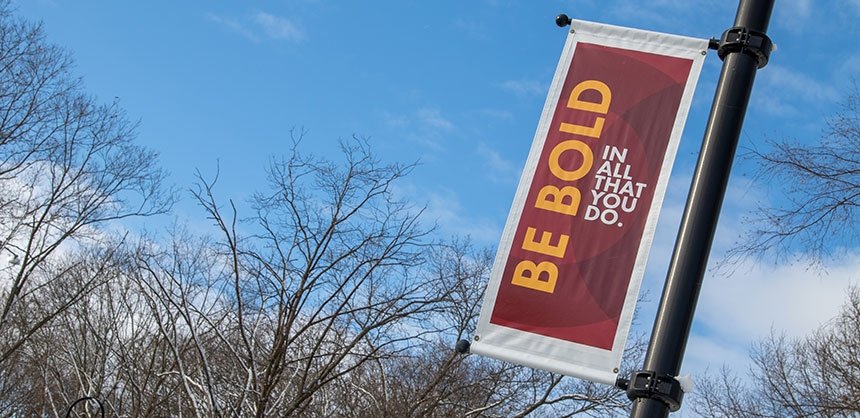Difficult Conversations Program | Dialogic Classroom Workshop
- event_note -
- access_time
- place TBD
Some of the most important issues we all face-such as social justice, racism, institutional equity-may seem impossible to talk productively about across ideological and personal divides. Yet we must find ways to have those talks if we are to progress as a society, and a college is the ideal place to learn how to do so.

This training is designed for faculty and staff who teach in a classroom context. The workshop supports instructors in creating a more open, connected, conversational culture within the classroom. Evidence shows that the dialogic classroom supports students' connection to course content, readings, and lectures; a greater willingness to speak and engage new ideas; a willingness to ask genuinely curious questions of others; a greater sense of belonging in class and on campus.
The workshop will address the following learning objectives:
- learn how to establish the conditions for the dialogic classroom through the use of agreements, preparation, design, and the use of space - both virtually and in-person
- build connections and trust between students to support difficult classroom conversations
- structure difficult dialogues in the classroom and design dialogue questions to invite narrative, value-based discussion, and complexity
- use dialogue as a pedagogical tool for reflection, connection to the topic, and the development of conviction and intellectual humility
- use curricular activities as a pathway to more engagement and dialogue throughout campus and local community
This program is sponsored by The American Democracy Project, The Faculty Center for Teaching and Learning, and the RIC Office of the President in partnership with Essential Partners.

Contact Us
American Democracy Project
The American Democracy Project fosters political and civic engagement in higher education.
- emailadp@ric.edu
